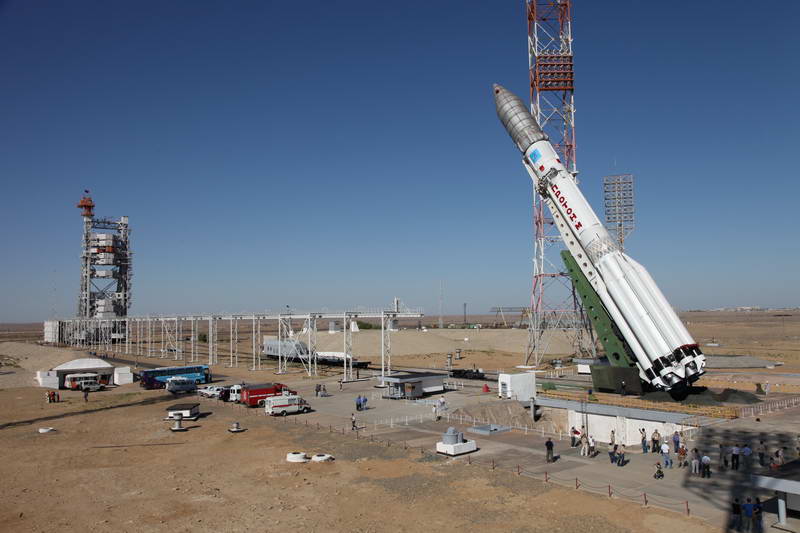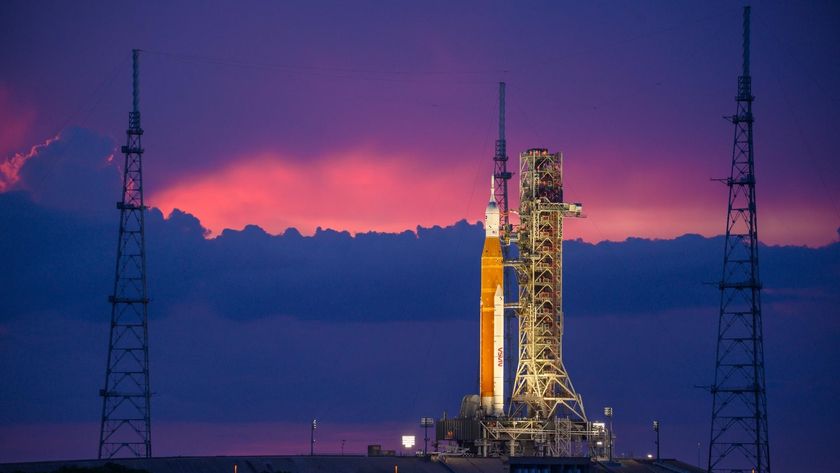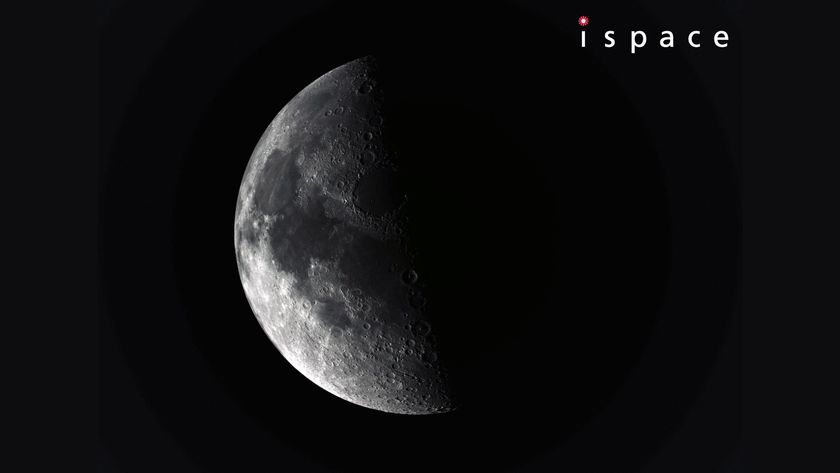Russia Loses Contact With Satellite After Rocket Launch

Russia's Federal Space Agency lost contact with a new communications satellite shortly after it launched into space due to an apparent communication glitch on the spacecraft's rocket, Russia's space agency has reported.
The satellite, called Express-AM4, blasted off atop a Proton rocket on Wednesday (Aug. 17) at 5:25 p.m. EDT (2125 GMT) from the central Asian spaceport of Baikonur Cosmodrome in Kazakhstan, where it was early Thursday morning local time.
According to a translated statement posted in Russian to the country's Federal Space Agency website, officials said flight controllers lost contact with the satellite due to an apparent communications problem with the Proton rocket's Breeze M upper stage. Later, another statement suggested that the rocket stage may have been found though the status of the Express-AM4 satellite was unclear. [50 Great Russian Rocket Launch Photos]
The rocket upper stage was designed to deliver the Express-AM4 satellite into a final geostationary orbit about 22,369 miles (36,000 kilometers) above Earth during a series of maneuvers. It was during those maneuvers that the malfunction appeared.
A commission will likely review the cause of the anomaly, Russian space officials said.
The new rocket malfunction is the latest of several embarrassing Russian launch failures or incidents for Russia's space program in a single year.
On Dec. 5, a Proton rocket plunged into the Pacific Ocean after engineers filled its upper stage with too much propellant. Three navigation satellites were lost.
Get the Space.com Newsletter
Breaking space news, the latest updates on rocket launches, skywatching events and more!
Then on Feb. 1, a different rocket launched a new Russian military satellite called Geo-IK 2 into the wrong orbit. After a day of searching, Russia's military was able to reestablish communication with the satellite to confirm it was not in its intended orbit.
The Express-AM4 satellite is the largest Express-series communications satellite for the Russian Satellite Communications Company, which is responsible for Russia's federal TV and radio broadcasts. [Related: 7 Rocket Launches in 7 Days]
The satellite was built by EADS Astrium, carries 12 antennas and 63 transponders for broadcast services and was designed for a 15-year lifespan in orbit, according to a mission description.
You can follow SPACE.com Managing Editor Tariq Malik on Twitter @tariqjmalik. Follow SPACE.com for the latest in space science and exploration news on Twitter @Spacedotcom and on Facebook.
Join our Space Forums to keep talking space on the latest missions, night sky and more! And if you have a news tip, correction or comment, let us know at: community@space.com.

Tariq is the Editor-in-Chief of Space.com and joined the team in 2001, first as an intern and staff writer, and later as an editor. He covers human spaceflight, exploration and space science, as well as skywatching and entertainment. He became Space.com's Managing Editor in 2009 and Editor-in-Chief in 2019. Before joining Space.com, Tariq was a staff reporter for The Los Angeles Times covering education and city beats in La Habra, Fullerton and Huntington Beach. In October 2022, Tariq received the Harry Kolcum Award for excellence in space reporting from the National Space Club Florida Committee. He is also an Eagle Scout (yes, he has the Space Exploration merit badge) and went to Space Camp four times as a kid and a fifth time as an adult. He has journalism degrees from the University of Southern California and New York University. You can find Tariq at Space.com and as the co-host to the This Week In Space podcast with space historian Rod Pyle on the TWiT network. To see his latest project, you can follow Tariq on Twitter @tariqjmalik.
Most Popular




